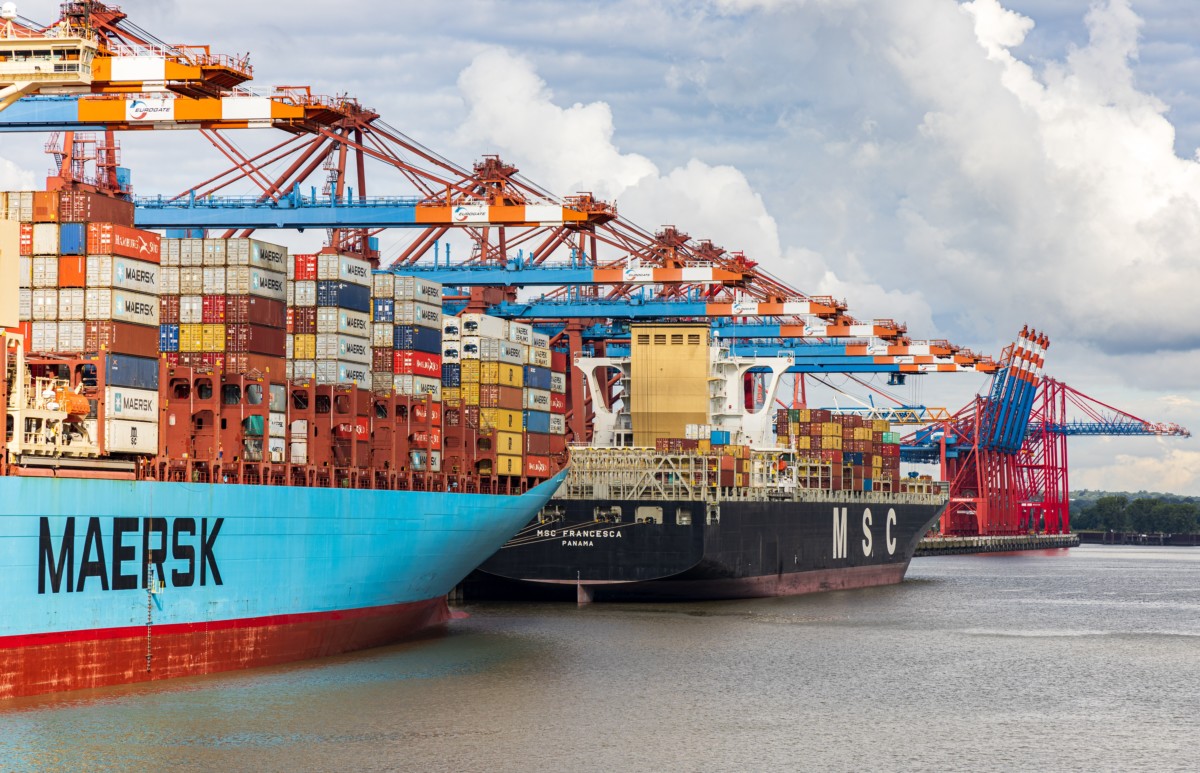AWS Lambda vs. Fargate Containers | IronWorker
Docker container technology is open source, which means it’s possible to deploy your containers on a range of platforms. Both AWS Fargate and Lambda support Docker images, albeit in slightly different ways. So, how do you know which one to use?

AWS Fargate: A Container-Based Serverless Compute Engine
Like IronWorker, Fargate from Amazon uses a container-based ecosystem to help users build web apps. Because it is serverless, AWS Fargate negates the need for your DevOps to worry about what resources are required. AWS Fargate automatically allocates the compute power required, allowing for scalability.
This also helps users manage their pricing, as you only pay for the actual resources used.
AWS Lambda: A FaaS Compute Service
Unlike Fargate, AWS Lambda is not container based. Lambda provides a service for developers to run code without provisioning and managing servers. AWS Lambda is an ideal serverless application solution as long as you supply code in a supported language. These include:
· Node.js
· Python
· Ruby
· Java
· Go
· .NET
Amazon ECS: Elastic Container Service
Amazon ECS is one way to manage containers on a cluster. This allows you to run individual tasks as well as tasks within one or more services. ECS works with the AWS Fargate Infrastructure, but you can run your services via EC2 instances managed by you.
ECS tasks use API calls to start and stop your container-based web applications.
Amazon EKS: Elastic Kubernetes Service
Kubernetes is an open source container management service. EKS allows you to run Kubernetes without your own installation of the Kubernetes nodes or control plane. Like many AWS services, EKS works with a range of its sibling services to provide capabilities including:
· Identity and Access Management (IAM).
· The Amazon ECR container registry access.
· Use of Amazon’s Virtual Private Cloud (VPC).
· Elastic Load Balancing.
Iron.io Serverless Tools
Talk to us about a fully scalable, serverless solution to manage your background tasks. Book a conversation with Iron.io today.
AWS Fargate vs. Lambda Functions
So now you know the basics, which service should you use for container orchestration? Using Docker containers is all about packaging all your services and dependencies into one container image. Containers can work together or asynchronously, and tasks can be scheduled as needed.
AWS-Fargate is, by its nature, container based, so it seems a natural assumption that this would be the ideal environment to deploy your container images. In fact, Fargate won’t run anything except Docker containers, although it uses different runtime environments to do this. Users simply choose the appropriate runtime and Linux distribution.
It’s important to remember, though, that Lambda supports a range of programming and deployment methods, including Docker images. This allows developers to use Lambda regardless of programming language, as the language is packaged inside the container image.
Deploy a Container Image to AWS Lambda
The simplified process for using Lambda for Docker containers:
· Choose a base image from AWS or use your own, implementing the API with a Lambda runtime client SDK.
· Build your container image and publish it to the ECR.
· Deploy your AWS-Lambdas, ensuring they have access to the ECR.
· Direct your Lambda to the container image.

So, what’s the difference?
· Pricing: Fargate uses virtual machines and charges per virtual CPU or vCPU. Lambda charges per execution. The value will depend on how you’re using each system.
· Scalability: Both are highly scalable, but Lambda can simply sit idle then burst into thousands of tasks per second. You can use Fargate to deploy microservices using ECS tasks and API Gateway.
· Performance: Fargate’s infrastructure is built for containers so expect better consistency.
· Limitations: Depending upon your resource requirements, you may find Lambda limiting due to a cap on the RAM it consumes.
Unlock your potential with Iron.io
With IronWorker, you have a Worker as a Service solution to all your application deployment and resource requirements. Fully scalable, easy to use, and built to make the most of Docker containers. Talk to Iron.io to try for yourself.
